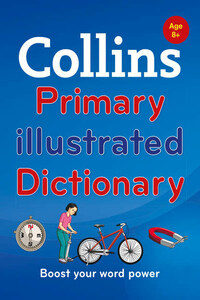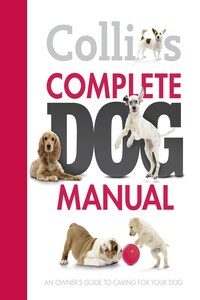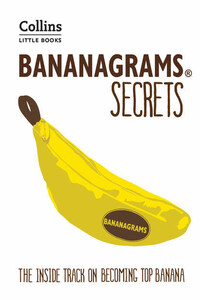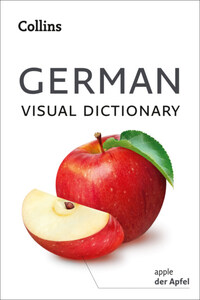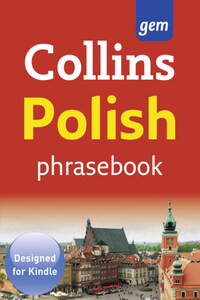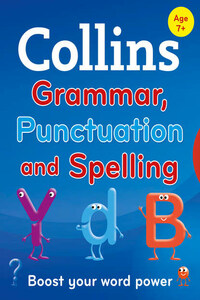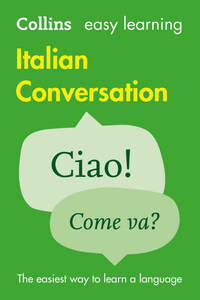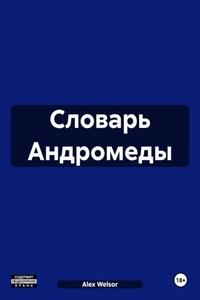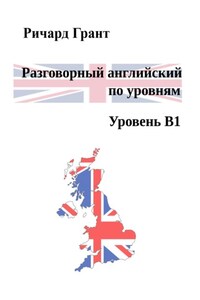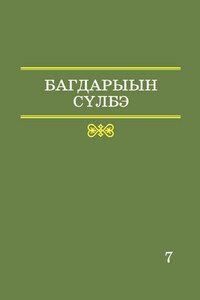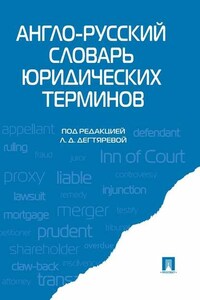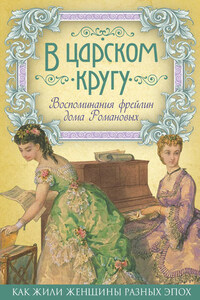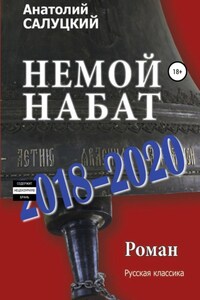Copyright
Published by Collins
An imprint of HarperCollins Publishers
Westerhill Road
Bishopbriggs
Glasgow G64 2QT
Second Edition 2015
© HarperCollins Publishers 2010, 2015
eBook Edition © March 2015 ISBN 978-0-00-758365-2
Version: 2015-01-27
Collins® is a registered trademark of HarperCollins Publishers Limited
www.collins.co.uk/childrensreference
All rights reserved under International and Pan-American Copyright Conventions. By payment of the required fees, you have been granted the non-exclusive, non-transferable right to access and read the text of this e-book on screen. No part of this text may be reproduced, transmitted, downloaded, decompiled, reverse engineered, or stored in or introduced into any information storage and retrieval system, in any form or by any means, whether electronic or mechanical, now known or hereinafter invented, without the express written permission of HarperCollins.
Entered words that we have reason to believe constitute trademarks have been designated as such. However, neither the presence nor absence of such designation should be regarded as affecting the legal status of any trademark.
The contents of this publication are believed correct at the time of printing. Nevertheless the publisher can accept no responsibility for errors or omissions, changes in the detail given or for any expense or loss thereby caused.
HarperCollins does not warrant that any website mentioned in this title will be provided uninterrupted, that any website will be error free, that defects will be corrected, or that the website or the server that makes it available are free of viruses or bugs. For full terms and conditions please refer to the site terms provided on the website.
If you would like to comment on any aspect of this book, please contact us at the given address or online.
E-mail: [email protected]
@Collins4ParentsAcknowledgements
We would like to thank those authors and publishers who kindly gave permission for copyright material to be used in the Collins Corpus. We would also like to thank Times Newspapers Ltd for providing valuable data.
Using this dictionary
A dictionary helps you to find out what a word means and how to spell it correctly. The words in a dictionary are arranged in alphabetical order.
How to find a word
Think of the first letter in the word you want to look up. Once you know this, there is more than one way to find your word in the dictionary:
⢠You can use the Index at the back of the ebook which lists all of the dictionary words in alphabetical order. Scroll through the Index until you find the letter your word begins with, then look down the words until you find the one you are looking for. You can then follow the link to the entry in the dictionary.
⢠You can use the Contents page at the front of the book, which has a link to every letter in the dictionary. Follow the link to the letter your word begins with, then look through the entries in this letter until you find the word you are looking for.
Finding your way around the dictionary
1. The headword is the word you are looking up.
2. After the headword there can be other forms of the word, such as plural nouns, verb tenses, and comparative and superlative adjectives.
3. The part of speech tells you what type of word the headword is, such as a noun, verb, adjective, adverb, or pronoun.
4. The definition tells you what the word means.
5. If the headword has more than one meaning, each meaning has a different number.
6. Sometimes there is an example to show how the word is used.
7. A pronunciation shows you how to say a difficult word.
8. A word history tells you where a word originally came from.
9. Some entries have a related word, such as a noun, adjective, or adverb made from the headword.
10. Synonyms, or words that you can use instead, are given for some words.
11. Antonyms, or words that have the opposite meaning, are given for some words.
Other features of this dictionary
⢠Some headwords can be spelt in more than one way.
medieval; also spelt mediaeval
age ages, ageing or aging, aged
⢠Sometimes definitions include a label, such as FORMAL, INFORMAL, or TRADEMARK. This tells you a little more about the word or how it is used.
mum mums
NOUN INFORMAL mother
⢠Sometimes a photo or an illustration is included.
mollusc molluscs
NOUN an animal with a soft body and no backbone. Snails, slugs, clams and mussels are all molluscs.
⢠Grammar and spelling tips provide extra information on the spelling or use of words.
different
ADJECTIVE If one thing is different from another, it is not like it.
There are two es in different.
